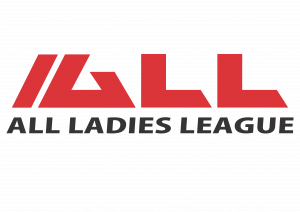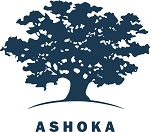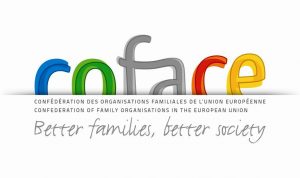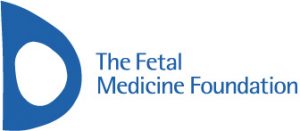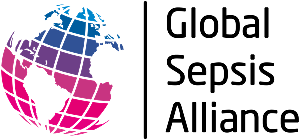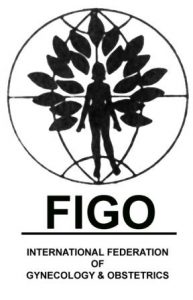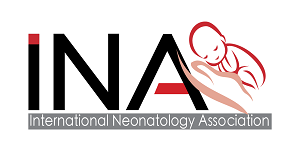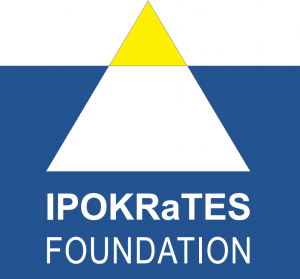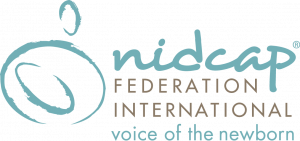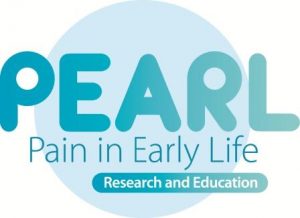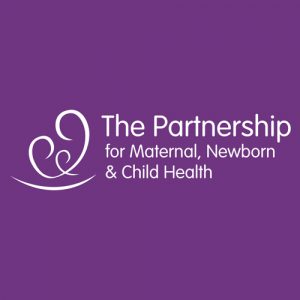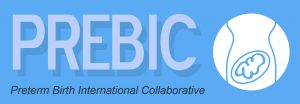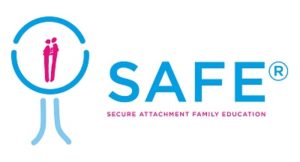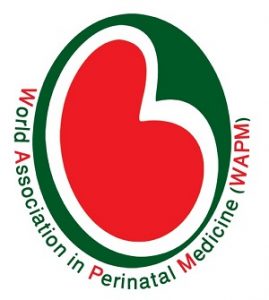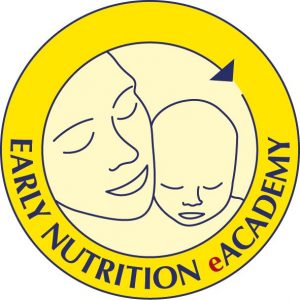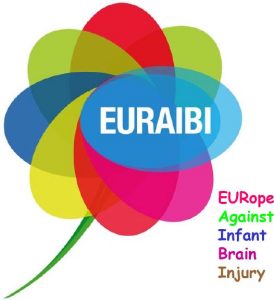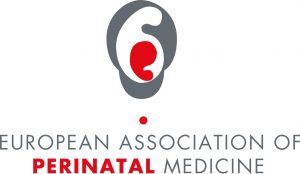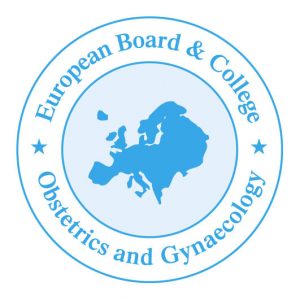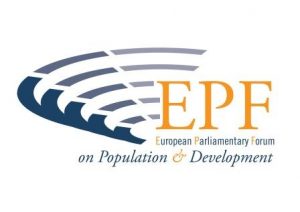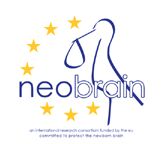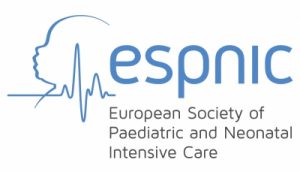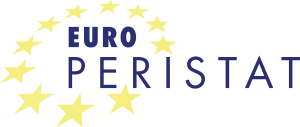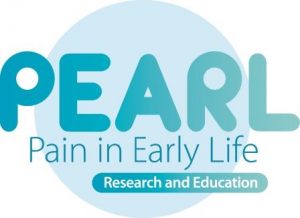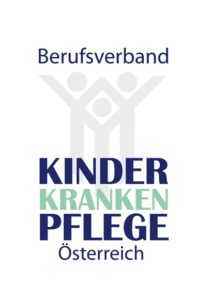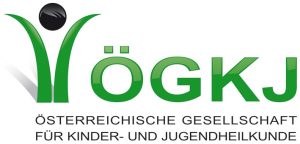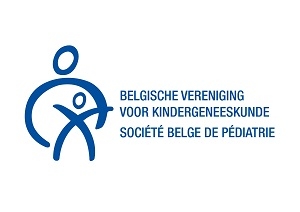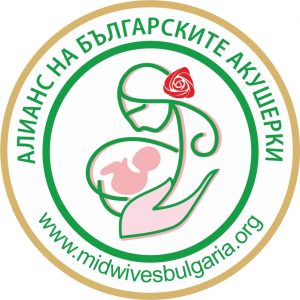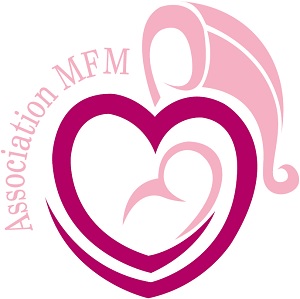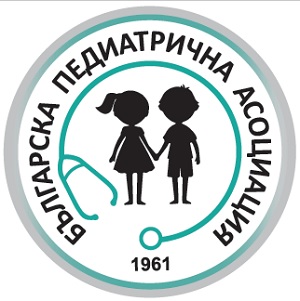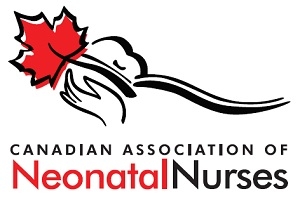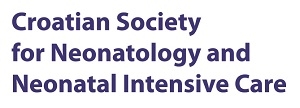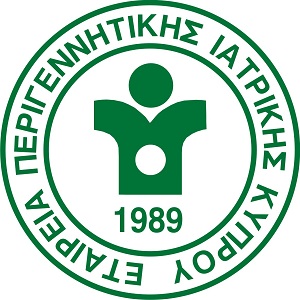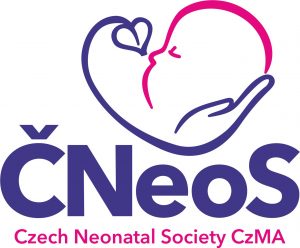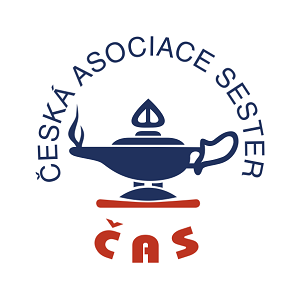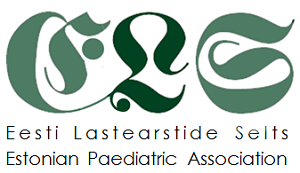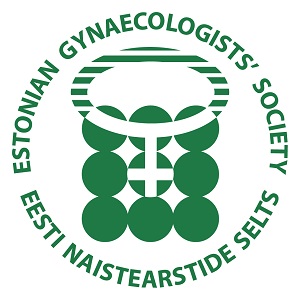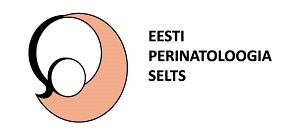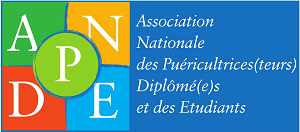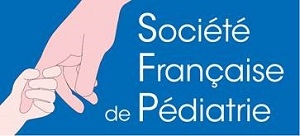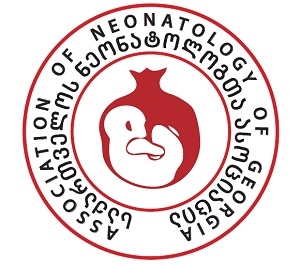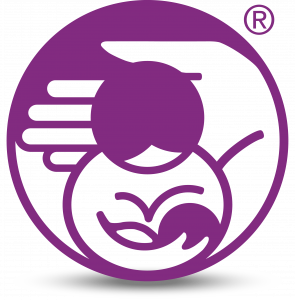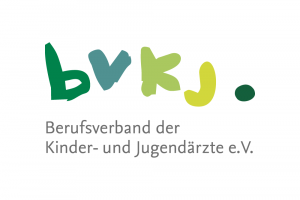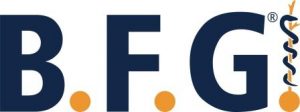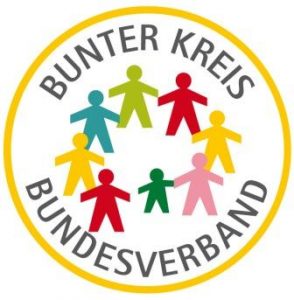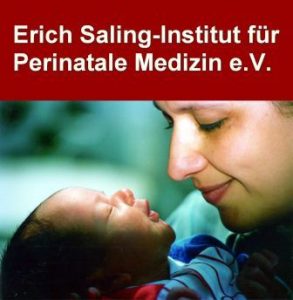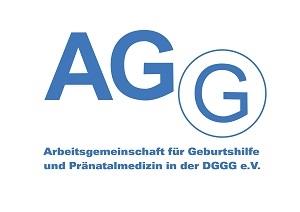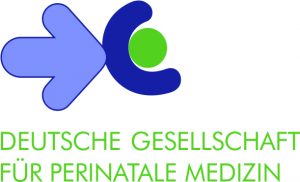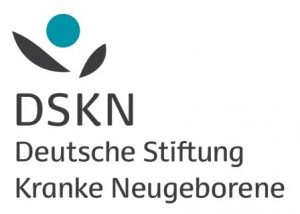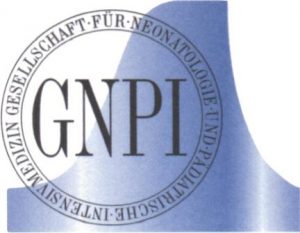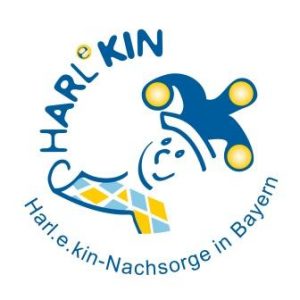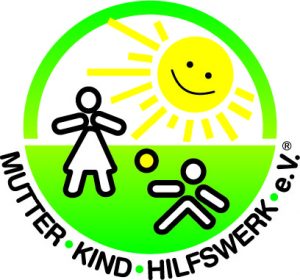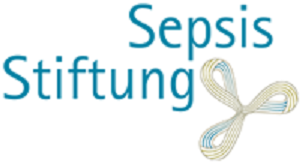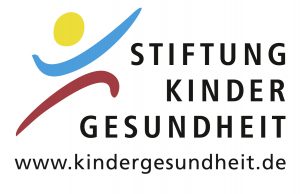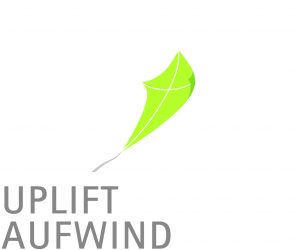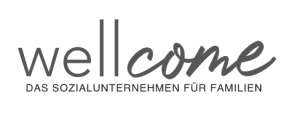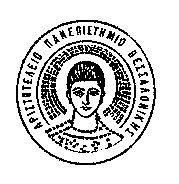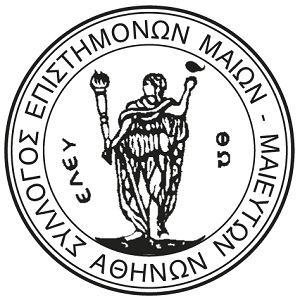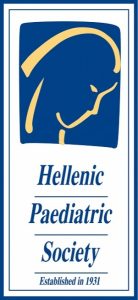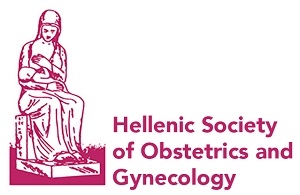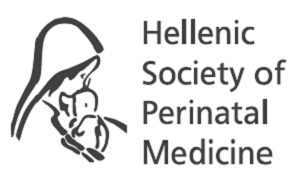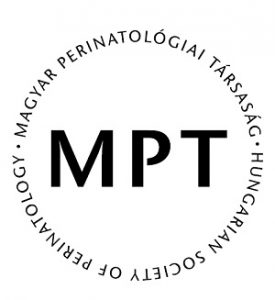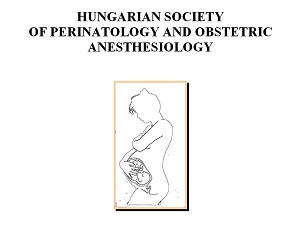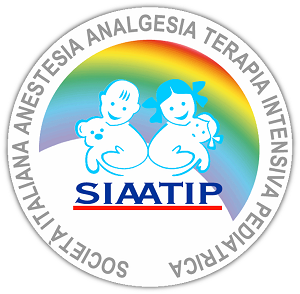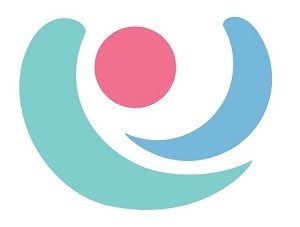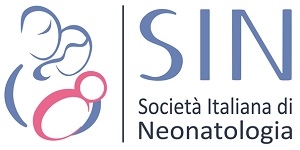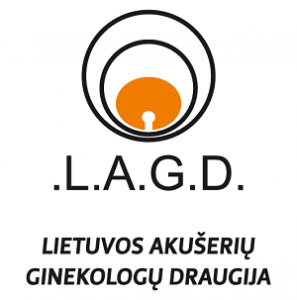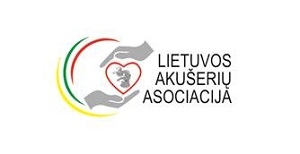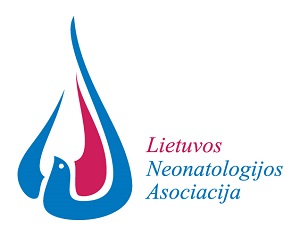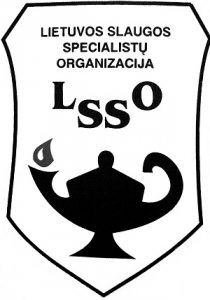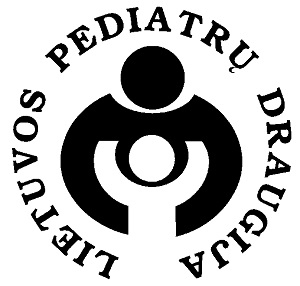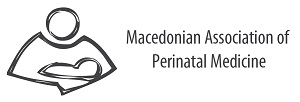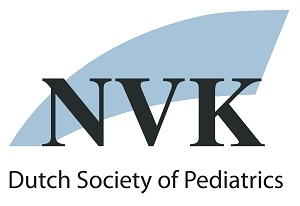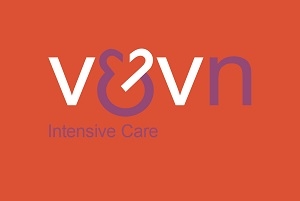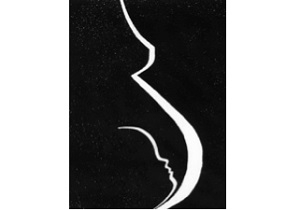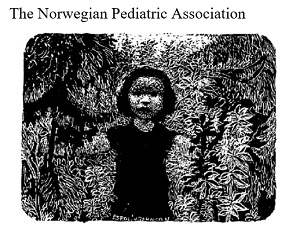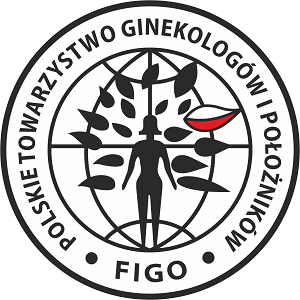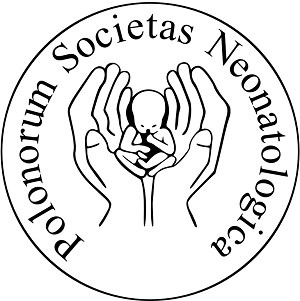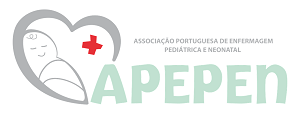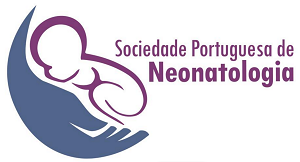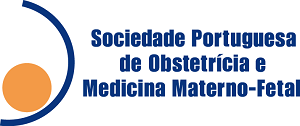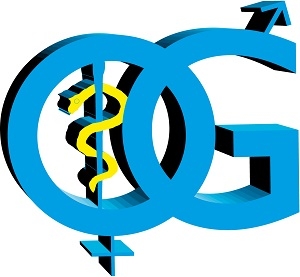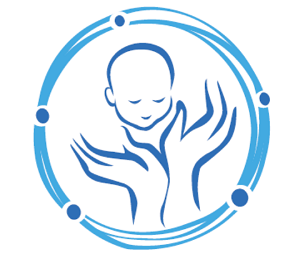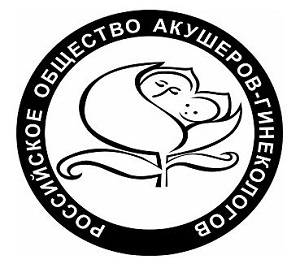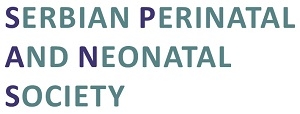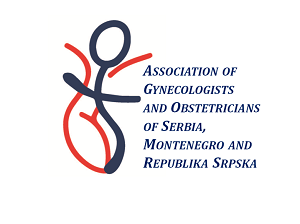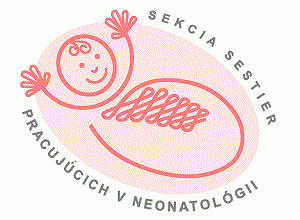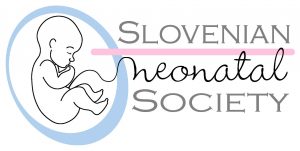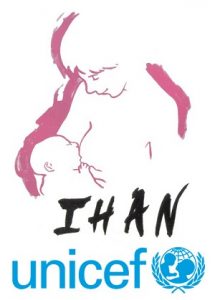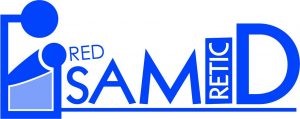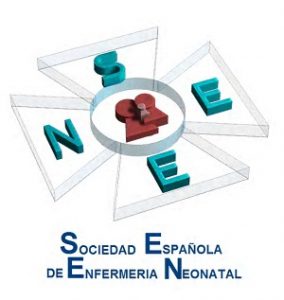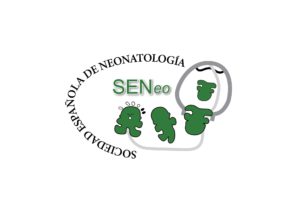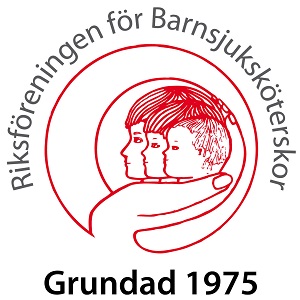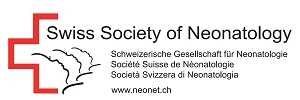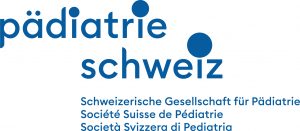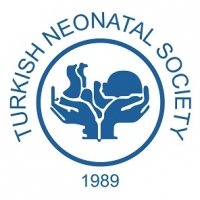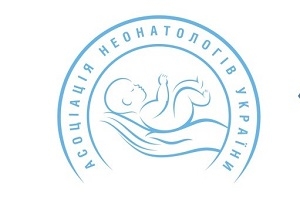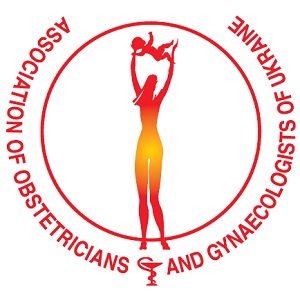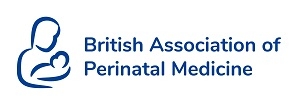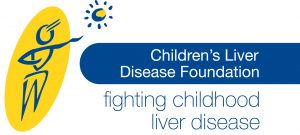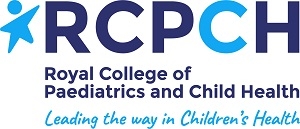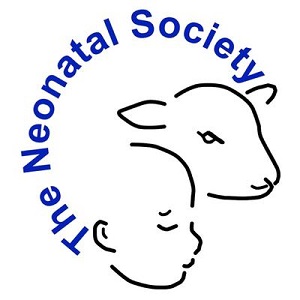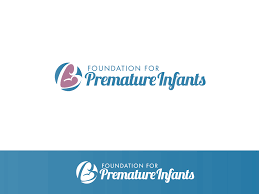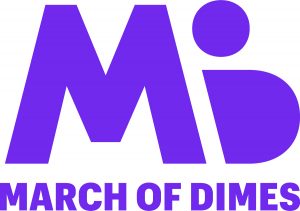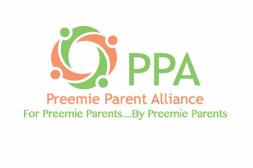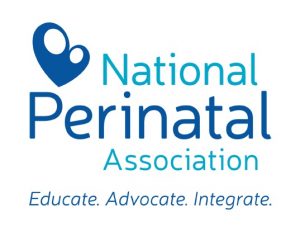Supporting healthcare societies and organisations
International
ALL Ladies League (ALL) is the world’s largest international network of women from across the world and only such global women’s chamber connecting women of inspiration from ALL countries and cultures. It is a movement for the Welfare, Wealth, and Wellbeing of ALL. With 30,000 members across 110 countries (and growing), ALL is like an “Internet of Women,” an all-inclusive worldwide web of women’s leadership, friendship and entrepreneurship in ALL spheres & sectors, at ALL levels and for ALL sections of society & cultures. The acronym ALL stands for our positive spirit and inclusive culture toward empowering one and ALL through the all-embracing power of women’s leadership, often characterised by care, courage, resilience, community responsibility and belief in collective action. Through its unique culture and massive connections, ALL fosters a powerful energy for building bridges, celebrating diversity and energising business and creative collaborations beyond borders and boundaries. Women Economic Forum is part of the ALL Ladies League (ALL).
Ashoka is the largest network of social entrepreneurs worldwide, with nearly 3,000 Ashoka Fellows in 70 countries putting their system changing ideas into practice on a global scale. Founded by Bill Drayton in 1980, Ashoka has provided start-up financing, professional support services, and connections to a global network across the business and social sectors, and a platform for people dedicated to changing the world. Ashoka launched the field of social entrepreneurship and has activated multi-sector partners across the world who increasingly look to entrepreneurial talent and new ideas to solve social problems.
Ashoka Fellows remain the core of our community, and their insights show us how the world is moving and what is needed next. Ashoka’s mission has evolved beyond catalyzing individual entrepreneurs to enabling an “everyone a changemaker” world. This means equipping more people – including young people – with the skillset and a connection to purpose so that they can contribute ideas and effectively solve problems at whatever scale is needed in their family, community, city, workplace, field, industry, country.
The Confederation of Family Organisations in the European Union (COFACE) is a pluralistic organisation, which aims at promoting family policy, solidarity between generations and the interests of children within the European Union.
COFACE advocates a policy of non-discrimination and of equal opportunities between persons and between family forms, and specifically supports policies aiming at equality between women and men. COFACE was originally founded in 1958. Since then, it has been linking together family organisations from all over Europe to discuss and work on issues such as balancing work and family life, children’s wellbeing, solidarity between generations, migrant families, disabled and dependent persons, gender equality, education, parenting, health issues, consumer affairs, etc.
With more than 50 member organisations in the Member States of the European Union, COFACE gives a voice to many millions of families at EU level.
The Council of International Neonatal Nurses (COINN) is an exciting organization that represents nurses who specialize in the care of newborn infants and their families. COINN is an important link in the growing international community of neonatal nurses and is a much needed resource for nurses that want to form a national or local organization, create guidelines for care or professional standards or just want advice on neonatal nursing issues.
The Fetal Medicine Foundation (FMF) is a Registered Charity that aims to improve the health of pregnant women and their babies through research and training in fetal medicine. It is supported by The Fetal Medicine Centre and by private donations. The Foundation, with the support of an international group of experts, has introduced an educational program both for healthcare professionals and parents and a series of certificates of competence in different aspects of fetal medicine. Founder and Director of both the Fetal Medicine Foundation and the Fetal Medicine Center is Professor Kypros Nicolaides.
The Global Breastfeeding Initiative is a long term public health campaign for increased awareness in the society to support breastfeeding for all infants. The project was developed by the EiP Institute (www.excellence-in-paediatrics.org) in order to inform and educate about the importance of breastfeeding infants for the long-term health and wellbeing of the child. The Global Breastfeeding Initiative aims to develop a global outreach strategy that can identify and address real-life barriers to breastfeeding and thus make a real difference country by country, at a national level. A multidisciplinary educational approach ensures the effective engagement of parents, paediatricians, and policymakers.
The GSA is a non-profit charity organization with the mission to provide global leadership to reduce the worldwide burden of sepsis. The GSA is the initiator of World Sepsis Day on September 13 and World Sepsis Congress, a series of free online congresses bringing knowledge about sepsis to all parts of the world, among other initiatives. The GSA works closely with its over 90 member organizations, patient advocacy groups, professional societies, healthcare authorities, and governments to implement changes on how sepsis is prioritized, diagnosed, and treated all around the world, as laid out by the WHO Resolution on Sepsis.
The Healthy Newborn Network (HNN) is a partnership of organizations and individual members committed to improving newborn health around the world. HNN was launched in 2010 as an initiative of Save the Children’s Saving Newborn Lives (SNL) Program. SNL serves as the secretariat of HNN and takes primary responsibility for maintaining the HNN website, including compiling resources and content. Active participation, including posting resources, blogs, and comments is encouraged.
HNN connects advocates around the world and provides a platform for discussions and interactions on a vast range of newborn and maternal health topics. In addition, the HNN boasts a common library of newborn health resources, featuring the latest in newborn health research, news, resources, events, articles, success stories and more from HNN Partners around the world.
The International Consortium for Health Outcomes Measurement (ICHOM) is a non-profit founded in 2012 by Michael E. Porter of the Harvard Business School, Martin Ingvar of the Karolinska Institutet and Stefan Larsson of the Boston Consulting Group. ICHOM’s mission is to unlock the potential of value-based health care by defining global Standard Sets of outcome measures that really matter to patients and driving adoption and reporting of these measures worldwide.
To date, ICHOM has worked with more than 30 countries and 600 organisations worldwide to implement routine outcomes measurement and the sharing of best practice in order to deliver better value for patients and providers.
In August 2020, ICHOM launched the Preterm and Hospitalized Newborn Health Standard Set (NEO-SS). The NEO-SS was developed by the ICHOM Preterm and Hospitalized Newborn Health Working Group, comprised of 21 international experts and patient representatives, including EFCNI, from 20 organizations across 15 countries.
For more information find the press release here
The International Federation of Gynecology and Obstetrics (FIGO) is the only worldwide organisation that groups obstetricians and gynecologists. It has member associations in 125 countries/territories. Its vision is that women of the world achieve the highest possible standards of physical, mental, reproductive and sexual health and wellbeing throughout their lives. Its mission is the improvement of women’s health and rights, and the reduction of disparities in healthcare available to women and newborns, as well as to advance the science and practice of obstetrics and gynecology. The organisation pursues its mission through advocacy, programmatic activities, capacity strengthening of member associations, education and training.
IPOKRaTES, an acronym for International Postgraduate Organisation for Knowledgetransfer, Research and Teaching Excellent Students, is a non-governmental, non-profit and charitable, registered academic society which offers postgraduate seminars mainly in pediatrics and neonatology, worldwide.
IPOKRaTES seminars provide high-quality education in form of small group seminars that enables professionals to keep abreast of the most recent developments, and offer participants the opportunity to discuss practical problems or scientific issues personally with international experts.
The NIDCAP Federation International, NFI, promotes the Newborn Individualized Developmental Care and Assessment Program (NIDCAP) in hospitals and encourages its use nationally and internationally to support the growth and development of premature infants and to improve the quality of their care and the support for their families.
Formed in 2001, the NFI is a private, non-profit, charitable organisation committed to providing the highest quality of education and training for professionals who provide care for infants in newborn intensive care nurseries and support their families.
Pain in Early Life – PEARL – is a group of researchers, mainly from the Nordic countries, who are dedicated to help children to a life without pain. PEARL’s expertise lies within the fields of non-pharmacological pain management, pain assessment, and the role of parents in pain management. Our work targets three groups: parents, health care professionals and researchers, and PEARL collaborates with pain experts all over the world.
The Partnership (PMNCH) joins the reproductive, maternal, newborn and child health (RMNCH) communities into an alliance of more than 550 members, across seven constituencies: academic, research and teaching institutions; donors and foundations; health-care professionals; multilateral agencies; non-governmental organizations; partner countries; and the private sector. Working together our goal is a world in which all women, newborns, children and adolescents not only are healthy, but thrive.
The Partnership enables partners to share strategies, align objectives and resources, and agree on interventions to achieve more together than they would be able to achieve individually. The Partnership plays a central role in facilitating joint action on many fronts, mainly progress towards the United Nations Millennium Development Goals (MDGs) 4 and 5, to reduce child mortality and improve maternal health, as tracked by the Countdown to 2015 initiative, and through support for the Global Strategy for Women’s and Children’s Health and Every Woman Every Child.
The Preterm Birth International Collaborative (PREBIC) Inc. is a not for profit organisation supported by the March of Dimes, USA, and the World Health Organisation, Switzerland.
PREBIC is a multinational collaborative of clinicians and research scientists who aim to improve pregnancy and birth outcomes, optimising infant health and long term development. PREBIC’s preterm birth prevention programmes include workshops for scientists, clinicians and other health care professionals, development and coordination of research expertise nodes and the organisation of annual scientific meetings at the World Health Organisation, Geneva, Switzerland.
The SAFE® – “Attachment Formation For Educators” project is a training program designed to enhance secure attachment between parents and their children. The prevention of attachment disorders is important, and especially the transmission of early childhood traumatic experiences across generations -and that is what this primary prevention program strives for.
SAFE® addresses all expectant parents up to the seventh month of pregnancy and is conducted in closed groups up to the end of the first year of the child.
The World Association of Perinatal Medicine (WAPM) has been established and registered in Barcelona, Spain, as a non-profit making association and as a continuity of the previous „World Federation of Perinatal Medicine“. The purpose of WAPM is to unite efforts of groups and individuals within the framework of the World organization in order to promote perinatal medicine for the benefit of the public and professionals, in particular by:
- disseminating the knowledge, study and research in all fields of perinatal medicine in order to enhance physical, mental and social health of women, their fetus, motherhood and their offspring by ensuring equitable perinatal care throughout the world;
- teaching, supporting and improving professional standards;
- working out guidelines for auditing, evaluation and clinical care in perinatal medicine;
- fostering interdisciplinary approach to developing perinatal care as well as promoting collaboration and friendship between individuals, institutions and professional societies from different countries.
European
The Alliance for Childhood is an European Network organisation which aims to:
- Increase the respect for childhood as a basis for human development and to create awareness of the needs of all children.
- Develop and inspire ideas for solutions to those problems which could endanger the good quality of childhood.
- Provide a platform for contacts, inspiration, exchange, peer learning, encouragement and dialogue among policy makers, decision makers, researchers, practitioners, parents and all people that have an influence on children’s lives.
The Early Nutrition eAcademy (ENeA) is an e-learning co-operation initiated by the Early Nutrition Academy (ENA) and the Dr. von Hauner Children’s Hospital at the LMU Medical Center Munich.
EURAIBI’s aim is prevention, treatment and study of the suffering brain in the fetus and newborn, by sharing the experiences of European centers of excellence in specific areas: pathophysiology of fetal central nervous system, maternal-fetal relationship, intrauterine environment, diagnostic imaging, delivery room conundrums, developmental care, pain in the fetus and newborn. EURAIBI is particularly devoted to maternal diseases in pregnancy, intrauterine infections, asphyxia, and prenatal and postnatal treatment of infants at high risk of brain damage.
The aim of the European Association of Perinatal Medicine is to bring together groups and individuals in a European organization to promote the science of perinatal and maternal medicine for the benefit of mothers and their children. In this context the EAPM organizes a large European congress every two years, and together with its working groups national and international educational courses and meetings. The EAPM stimulates international research projects, develops guidelines and brings site-visits to perinatal units to accredit teaching and training in perinatology.
The European Board of Neonatology (EBN) represents the educational branch of the European Society for Paediatric Research (ESPR).
Through the EBN, the society offers hands-on pre-congress courses, workshops, as well as summer and winter schools. These underpin key areas of practice within the European Curriculum and Syllabus for Training in Neonatology.
The EBN also closely collaborates with NOTE. Taught online through a unique global Virtual Learning Environment (VLE), NOTE delivers an international Masters-level (M) educational programme in neonatal medicine to doctors and advanced neonatal nurse practitioners.
All EBN courses are organised and taught by renowned, senior experts in their respective fields.
For more information on the EBN, please visit www.ebn-education.eu
BCOG is the Board and College of the Obstetrics and Gynaecology Section of the Union Européenne des Medécins Spécialistes (UEMS). EBCOG began in 1996 as a fusion between the European Board of Gynaecology and Obstetrics (EBGO) and the European College of Obstetrics and Gynaecology (ECOG). EBCOG is an organisation made up of 36 countries and based in Brussels. Our objective is to improve the health of women and their babies by promoting the highest possible standards of care in all European countries. We bring together high-level professionals from the obstetrics and gynaecology field from all our member countries.
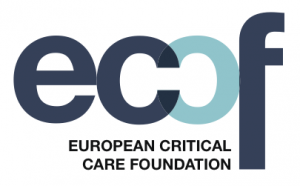
Over the last 20 years there has been great improvement in survival from accidents, from heart disease and from infectious disease. Babies born small survive and science offers ever greater possibilities to improve the human condition. However, as the potential to help the critically ill patient increases, so do the dilemmas in applying that potential.
Decisions made by doctors to aid the survival of critically ill patients do not only depend on the state of medical knowledge at the time, but also on a host of conditions often out of the doctor’s control. Many important forces which determine the doctor’s decisions are not obvious and often have complex interactions. They may be financial, cultural, political, geographical, ethical, philosophical and even policies made in areas far away from medicine, for such as transport.
The European Critical Care Foundation (ECCF) is a pioneering new foundation established to initiate independent research into complex issues like these, with the objective of improving the care of patients suffering from critical illnesses across Europe.
In a ground breaking new approach, the ECCF brings together experts from the fields of medicine, law, philosophy, public policy and science to identify and address the issues that determine the survival and care of critically ill patients. ECCF focuses not on doctors and treatments, but on patients and results.

The European Midwives Association (EMA) is a non-profit and non-governmental organisation of midwives, representing midwifery organisations and associations from the member states of the European Union (EU) and the European Economic Area (EEA) and EU applicant countries.
EPF is a network of members of parliaments from across Europe who are committed to protecting the sexual and reproductive health of the world’s most vulnerable people, both at home and overseas.
NEOBRAIN brings together small and medium sized enterprises (SMEs), industry and academic groups devoted to the diagnosis, management, and neuroprotection in newborns with perinatal brain damage. The focus of NEOBRAIN is the prevention of brain damage mainly observed in preterm newborns.
The European Society for Paediatric Research (ESPR) has been at the forefront of Paediatric medical care and innovation since 1958.
As one of the oldest and most prolific Paediatric research societies in Europe, we organise annual conferences, support investigators with research grants, run a mentoring programme and disseminate cutting-edge findings through our journal Pediatric Research.
In addition, together with the European Board of Neonatology (EBN), the educational branch of the ESPR, we provide regular teaching courses that underpin key areas of practice within the Neonatal Curriculum.
Based on our heritage and proudly looking back at a long list of achievements, we continue to promote scientific excellence and collaboration between different Paediatric specialities—from bench to bedside.
Mission: Developing and applying research to improve newborn and child health.
The European Society for Paediatric Gastroenterology Hepatology and Nutrition (ESPGHAN) is a multi-professional organisation whose aim is to promote the health of children with special attention to the gastrointestinal tract, liver and nutritional status, through knowledge creation, the dissemination of science based information, the promotion of best practice in the delivery of care and the provision of high quality education for paediatric gastroenterology, hepatology and nutrition professionals in Europe and beyond.
The European Society of Paediatric and Neonatal Intensive Care (ESPNIC), is a non-for- profit organisation dedicated to the care of the critically ill children and newborns. Our society is comprised of Nurses and Doctors who are committed to share knowledge and improve the quality of paediatric and neonatal intensive care at the European and international level, and devoted to highly promoting multidisciplinary collaboration among paediatric, neonatal and adult intensivists as we all as nurses and meeting the needs of members, giving them a voice within the European and international context.
In this endeavour, ESPNIC is dedicated to promoting and advancing the art and science of paediatric and neonatal intensive care, and raising awareness amongst professionals in the field, European and International organisations, through a wide range of activities including annual congresses, training programmes, teaching courses, and network opportunities with the leading experts in the fields of PICU & NICU.
The Society provides the opportunity to Doctors, Nurses and other allied healthcare professionals to influence their specialty at a national and international level by facilitating a strong networking platform within a multidisciplinary environment at a national and international level.
The EURO-PERISTAT project’s goal has been to develop valid and reliable indicators that can be used for monitoring and evaluating perinatal health in the EU. The project began in 1999 as part of the Health Monitoring Programme and has continued into a third phase, with the ultimate aim of producing a European Perinatal Health Report and establishing a sustainable system for reporting perinatal health indicators.
Pain in Early Life – PEARL – is a group of researchers, mainly from the Nordic countries, who are dedicated to help children to a life without pain. PEARL’s expertise lies within the fields of non-pharmacological pain management, pain assessment, and the role of parents in pain management. Our work targets three groups: parents, health care professionals and researchers, and PEARL collaborates with pain experts all over the world.
The mission of UENPS (The Union of European Neonatal and Perinatal Societies) is to improve healthcare in the neonatal and perinatal medicine in the European countries. Main goals of UENPS are to improve quality in perinatal and neonatal care by integrating, coordinating and adding national and scientific societies’ efforts, to promote the knowledge of the perinatal indicators and to develop recommendations, guidelines, training of the healthcare providers and any other tool to achieve the best healthcare for every newborn and surveillance of neonatal rights wherever they are born.
Following on UENPS’ mission, a division named “UENPS Hall Knowledge” has been established in 2019. Its aim is to gather all the experience and cultural activities developed throughout the years and offer a wider educational approach to the hot topics of neonatology.
Albania
Albanian Pediatric Society is a new society founded in 1995. It has a lot of members, pediatricians, neonatologists and family doctor and is enlarging every year with new members. An annual national conference with international participation is organized every year. ” Pediatrics Day” is a symposium with definied topic organized twice a year in collaboration with Department of Pediatrics. The pediatric Association organizes once a year neonatology conference and neonatological trainings from across the country. Neonatologists and nurses who take care of the newborn are part of these activities. Also activities are organized every year on the day of prematurely infant babies gathering infants, their parents, neonatologists, nurses, midwives, students etc. Mission: The mission of the association gets encouragement from the words of our Mother Theresa “Not all of us can do great things. But we can do small things with great love”
Austria
The Berufsverband der Kinder- und Jugendärzte e. V. (BVKJ) is the professional interest group of paediatricians in Germany. 12,000 paediatricians from hospitals, medical practices and public health services belong to the association.
The BVKJ is committed to create equal opportunities and the best possible health care for children and adolescents in Germany. Essential parts of the interest group’s work are to maintain the conditions laid down in the United Nations Convention on the Rights of the Child and the right of each child to physical and psychological integrity.
The interest group develops basic principles, content and extent of practice of medical professionals for children and adolescents and it promotes their practical implementation. As part of a comprehensive training programme the BVKJ ensures a contemporary level of knowledge of children’s doctors, doctors in training and professions of assistants. With this activities members of BVKJ are always involved close medical and quality of the care of preterm and term born infants. These activities enable members of BVKJ to be experts for the high-quality medical care system for preterm and term born infants.
The Austrian Society for Paediatric Medicine (Österreichische Gesellschaft für Kinder- und Jugendheilkunde – ÖGKJ) is a medical-scientific professional society that acts as a platform for paediatricians for the general public as well as within other medical disciplines.
The aim is to emphasize the significance of paediatrics including specialist care in general healthcare. In order to achieve this goal, the ÖGKJ provides targeted information. For paediatricians, the society offers numerous local and supra-regional training measures. This way, the ÖGKJ can guarantee high-quality education and training. Furthermore, the society tries to actively support scientific work and to contribute to health policy decisions.
The Austrian Society for Pre- and Perinatal Medicine (Österreichische Gesellschaft für Prä- und Perinatale Medizin – ÖGfPPM) is a medical-scientific professional society that acts as a platform for obstetricians, neonatologists, pediatric surgeons, and anesthesiologists as well as for the public. The aim is to support scientific work, to improve medical education and clinical practice and to optimize health policy decisions in order to contribute to the well-being of pregnant women and neonates.
Belgium
Kind en Gezin, together with its partners, aims to create as many opportunities as possible for every child, regardless of where he or she was born or where and how he or she is growing up. Kind en Gezin (Child and Family) is an agency that works actively in ‘Public Health, Welfare and Family’ policy area. This Flemish agency focuses on preventive treatment and guidance of young children geared to good outcomes in the future. We work hard to enable children to achieve their full developmental potential, physically, mentally, emotionally and socially, with respect for diversity and children’s rights. This principle holds good for all the different areas that we work in. Kind en Gezin is responsible for:
- registration of high quality child care;
- optimal support for parents-to-be and parents with young children;
- the criteria that adoption agencies have to meet.
We closely monitor all changes in society as a matter of course. Day in day out we come into contact with thousands of families and work with partners and other actors in the field. This gives us a wealth of information, allowing us to respond proactively and at the most appropriate time. We develop scientific methods, in both educational and medical fields, to assist us in our work. We constantly adapt our services, so that we can offer every parent and every child the best help possible. We also participate in national and international campaigns and projects: with boundless respect for every child and for the rights of the child.
The Flemish Society for Obstetrics and Gynecology (VVOG) is a scientific professional and members’ association of, for and by gynecologists, assistants in training and retired gynecologists. What does VVOG do for her members?
- VVOG organises courses and congresses for continuous training
- VVOG defends the professional interests
- VVOG is a social meeting place
Bulgaria
The Alliance’s members believe that providing continuity of care is one of the strongest determinants of positive results in maternal and child health care. We believe women must be provided with opportunities to give birth to healthy babies in a safe, friendly, respectful and satisfying environment regardless of place of birth.
The Alliance’s position on introducing the midwifery model of care is as follows:
- The Alliance supports every woman who wants to have access to midwifery care during their pregnancy, birth and postpartum.
- The Alliance supports women’s and their partners’ right to childbirth preparation and education and encourages them in their choices considering midwives to be the most suitable provider for this education and preparation.
- The Alliance trusts all women and their partners should have access to education on pregnancy, birth, and postpartum
- The Alliance supports respecting women’s rights in childbirth
Our strategic plan for strengthening and development would aim at:
- Answering women’s needs in the field of midwifery care and respecting their reproductive rights
- Actively contributing to improving perinatal and pre-natal care
Improving access to prenatal care while respecting rights to personal freedom and personal independence. - Putting the woman in the centre of all activities on sexual and reproductive health
- Assisting in implementing WHO’s (World Health Organization) and EU’s standards, as well as in implementing international best practices in midwifery
- Informing current and future midwives on best practices in midwifery care and their implementation in Bulgaria according to current legal framework
- Organizing and performing qualification training and continuous education courses for midwives
- Working in cooperation with other organizations and institutions to develop common positions, legal initiatives, joint statements and joint actions towards competent authorities and interested parties in Bulgaria, as well as with international partners in midwifery practice and training
view more (Bulgarian)
Canada
The Canadian Association of Neonatal Nurses is a non-for-profit organization that represents nurses from across Canada who specialize in the care of newborn infants and their families. We pride ourselves on providing educational and networking opportunities of the highest quality for neonatal nurses in Canada.
Czech Republic
The Czech Neonatology Society, a member of the Czech Medical Society of Jan Evangelista Purkyne, joins neonatologists as well as nurses and other professionals envolved in the care for neonates. Neonatology in the Czech Republic reached remarkable successes during the last twenty years that brought about very low neonatal mortality rate as well as significant decreases in early and late morbidities in preterm infants. Neonatologists´ concern is focused further on long-term developmental care. Furthermore, meetings with preterm children and their parents take place in flourishing collaboration with parental organisation „Nedoklubko“.
The Czech Association of Nurses (CAS) was founded in 1991. Our Association is a voluntary, self-governing, non-political, professional organization of health care professionals with secondary, tertiary and university education.
It is the largest professional organization of non-medical workers operating in the sector of health, social care, education and in all areas of private or other business, regardless of nationality or religion, operating throughout the Czech Republic. In its activities, CAS focuses on the development of nursing as a field, development of the nursing profession, support for the publication of professional publications, cooperation with institutions and the development of interdisciplinary and international cooperation.
Main objectives of the Czech Association of Nurses:
- Support activities leading to increasing recognition of non-medical professions in society
- Develop effective tools to ensure safe and high-quality nursing services in line with the needs of people, groups and communities
- Strive to create conditions for increasing professional, moral and ethical standards of workers
- Represent nursing home care providers and create effective tools to enforce their rights
- To commemorate activities related to the activities, education and profession of nurses
- To cooperate with other professional bodies in healthcare
- Participate in important negotiations on the development of legislative standards
- Support activities aimed at the implementation of national and international programs aimed at preparing nurses and other non-medical staff for the profession
- Organize and organize lectures, seminars, courses, congresses, symposia, conferences and similar meetings on a regional, national and international scale to share and exchange information between professionals.
The activity of the Czech Association of Nurses is based on the work of specialized sections and regions. Individual sections and regions organize regular professional educational events, seminars, conferences, thus ensuring the exchange of experience and transfer of information, solving professional matters of their members in accordance with the mission of CAS.
Estonia
The Estonian Nurses’ Union is the largest non-profit organization bringing together nurses in Estonia. Our main goal is to develop the professional field and offer trade union protection to our members. We participate in the development of the Estonian health care system daily. We cooperate with nursing schools and health care institutions. The Estonian Nurses Union is a member of EFN and ICN, so we are aware of and contribute to the development of the nursing profession in Europe and the world.
Estonian Perinatal Society promotes and develops perinatal medicine in Estonia, promotes collaboration between different specialists (pediatricians, obstetricians, midwifes, neonatal surgeons, geneticists, neonatal and child intensive care doctors and nurses. Our main goals are:
- Collaboration with governmental institutions and other professional organizations in the field of perinatal care; participation in programs and health care boards as experts
- Implementing international guidelines and creation of national guidelines
- Auditing the follow-up on national guidelines
- Annual national conferences in perinatal care to share information and educate staff
France
Founded in 1949, the National Association of Pediatric Nurses and Students (ANPDE) is the only association that defends and brings together the professionals of the pediatric nurse specialty in France. With 2000 members, it aims to promote an ambitious health policy for the 15 million children and to defend their interests and those of their families. It represents the 22 000 professionals graduates of the specialty and the students allowing the evolution of the profession and the recognition of the added value of the pediatric nurse. The ANPDE also contributes to professional development by organizing CPD training and an annual congress of high scientific value.
Germany
“Ausbildungszentrum Laktation und Stillen – Frühe Kindheit und Familie”: Institute for lactation education and family centered neonatal staff development
The Institute for lactation education and family centered neonatal staff development has been established in 1994 in cooperation with Leipzig University Maternity and Pediatric hospital and offers training to optimise staff ability to individualise developmental supportive care for at risk neonates and their families as well as qualified service in the medical care and advisory sector.
We encourage and support regular information exchange and networking of professionals dealing with expectant or young families. (Pediatric nurses, doctors, midwives, psychologists, physiotherapists, occupational therapists, speech therapists, social workers, health educators, chaplains and lactation consultants).
Developmental support for families with preterm infants or newborns with illnesses
We offer comprehensive training courses for people professionally involved with preterm infants or sick newborns and their families. The 18-day training consists of six complementary modules, which can also be assigned individually. Participants are thus prepared for their practical and consultancy work in hospitals and private practice. A final certificate is issued after participating in all six modules and writing a thesis.
(We reserve the right to make alterations and additions to the workshop and seminar programs.)
view more (German)
BabyCare – the Prevention Program for a Healthy Pregnancy
Per year, more than 8 % of German newborns are born premature. Preterm births lead to suffering on more than one level: the distress of the families, the possible health issues – also long term – for the preemies, as well as significant costs for the health insurers and thus, indirectly, the society.
BabyCare is a prevention program designed to help reduce preterm births by targeting all known risks factors that are open to intervention.
Developed in the year 2000 by renowned obstetricians, midwives and experts in prevention and health promotion, BabyCare aims to reduce insecurities and empower pregnant women to take positive influence on their pregnancy.
The keys to BabyCare’s success? – Helping identify individual health and lifestyle risks, providing scientifically sound information on all issues related to pregnancy as well as on individual situation of the mother to be, and offering personalized advice on how to reduce the hazards. Regular evaluations of the BabyCare prevention program show an overall reduction in preterm births by up to 20 %.
The BabyCare program comprises a pregnancy handbook with a diary section containing reminders for pregnancy check-ups and other important appointments as well as a recipe section for a healthy micronutrient intake.
The most important part of the prevention program, however, is the BabyCare questionnaire. Here, all known and scientifically proven risk and protective factors are queried. After filling in the questionnaire the participants receive a personal analysis of their health and lifestyle situation as well as individual advice on how to influence their pregnancy in a positive way.
Closing the digital gap and aiming at aiding a broader audience, BabyCare has developed an app for pregnant women. The German version of the app BabyCare – Gesund & Schwanger (BabyCare – Healthy & Pregnant) for Android and iOS is available worldwide via known app stores – the English version is currently in planning.
Highly (cost) effective and helpful – visit www.baby-care.de for more information (in German). You will find the app in app stores using “BabyCare gesund schwanger” as search keywords.
The Berufsverband der Kinder- und Jugendärzte e. V. (BVKJ) is the professional interest group of paediatricians in Germany. 12,000 paediatricians from hospitals, medical practices and public health services belong to the association.
The BVKJ is committed to create equal opportunities and the best possible health care for children and adolescents in Germany. Essential parts of the interest group’s work are to maintain the conditions laid down in the United Nations Convention on the Rights of the Child and the right of each child to physical and psychological integrity.
The interest group develops basic principles, content and extent of practice of medical professionals for children and adolescents and it promotes their practical implementation. As part of a comprehensive training programme the BVKJ ensures a contemporary level of knowledge of children’s doctors, doctors in training and professions of assistants. With this activities members of BVKJ are always involved close medical and quality of the care of preterm and term born infants. These activities enable members of BVKJ to be experts for the high-quality medical care system for preterm and term born infants.
B.F.G. is based in Siegen, Germany and deals with the further education and training of hospital consulting and science management within the German health care system since 1994.
More than 55,000 participants have since then attended B.F.G. events. B.F.G. is one of the leading free providers of this kind in Germany, with a main focus on the innovative knowledge within children’s nursing, midwifery and preterm care.
view more (German)
The Bundesverband Bunter Kreis e.V. incorporates around 80 aftercare facilities. These establishments are distributed all over Germany to support families with seriously and chronically ill children after their hospital stays.
Preterm and high-risk births or the diagnosis of a severe and / or chronic disease often trigger feelings such as fear, guilt, anger, helplessness, and result in a fundamental overstraining. Apart from the exhausting situation, affected families are confronted with the confusing health care system, complex therapies, the reorganisation of their work and family life as well as bureaucracy.
The aftercare facilities of the Bundesverband Bunter Kreis e.V. support these families with practical support via nurses specialised in follow-up care in order to support the successful reintegration of the sick child, the siblings and the whole family in everyday life. The aftercare services are free of charge for the families. The main part of the services are paid for by health insurance companies, the basis for it being the nationwide aftercare law for services and their remuneration. The remainder is financed via grants, donations, sponsorships and subsidies.
view more (German)
The Erich-Saling institute is a supra-regional consultation center with emphasis on the prevention of premature births. The non-profit institution contributes significantly to the improvement of prenatal care. Since 2000 the work of the institute has been financed exclusively from private donations and support.
The main focus of the institute lays in:
- Prematurity-Prevention-Program and Self-Care-Program for pregnant women.
- Further development of existing steps for the prevention of premature births – including national and international cooperation
- Public relation activities concerning the significance and possibilities of preventing premature births, such as in women’ and family journals and magazines
- Consultation of pregnant women preferably in German speaking countries with a history of miscarriages and premature births
- Information and consultation for physicians, gynecologists, midwives and pharmacies (chemist’s shops)
- Lobbying for example with health care insurances and professional organizations in order to make self-care available to all pregnant women.
The German Society of Gynecology and Obstetrics (DGGG e.V.) is one of the grand German scientific associations. The DGGG devoted herself to strengthen the specialist areas of obstetrics and gynecology and promotes the entire field including the subdisciplines, in order to further develop and preserve the unity of the field of obstetrics and gynecology. As a medical society the DGGG is continuously committed to the health of women and represents their health needs also in various political committees.
DGPM, the German Society for Perinatal Medicine, is the oldest and by far biggest society for the interdisciplinary field of perinatal medicine in the German speaking region. Prof. Erich Saling, pioneer in perinatal medicine, founded the society in Berlin. That is where every two years, the DGPM Congresses take place.
view more (in German)
Prenatal and obstetric medicine is an important, extremely fast-growing sub-discipline of obstetrics. The aim of DGPGM, the German Association for prenatal care and obstetrics, is the representation of this field in clinical practice, hospital settings and research.
In the interest of mothers, children, and families, prenatal and obstetric medicine shall receive promotion according to the international progress made in the field.
The DGPGM aims to impart new findings from fundamental and clinical research by organising scientific congresses, conferences, training events and the like. In addition, they support professional autonomy of prenatal and obstetric medicine, without questioning the unity of the whole discipline.
Prenatal and obstetric medicine is composed of professional responsibility for mother and child and ranges from preconceptional counselling, over pregnancy and childbirth, to the first days following the delivery. The latter includes the close collaboration with professionals working in neonatology.
view more (in German)
The German Foundation for Sick Newborns (Deutsche Stiftung Kranke Neugeborene) is a charitable foundation which was founded in 2014 and is currently under the patronage of the prime minister of Saxony.
The general aim of DSKN is to improve the provision of health care not only of preterm infants but also sick newborns. Despite of the medical progress regarding therapy of the vulnerable group, special needs of sick newborns often remain unsatisfied and potentials for treatment are not fully exploited.
Therefore, the DSKN promotes and supports projects to help sick newborns in Germany and improve their quality of life, with a special focus on the following 7 aims:
- Providing an optimal start in the delivery room;
- Improving inter-sectoral and inter-professional cooperation within a certain geographical region;
- Optimizing care after the initial hospital treatment;
- Improving future care of sick newborns by supporting the translation from bench to bedside;
- Improving long-term development by strengthening parental competencies;
- Improving quality of care by supporting clinical bench-mark initiatives;
- Supporting the discourse on how to develop the future for the next generation.
To achieve these goals DSKN does not only financially support different projects that are close to clinical application, but does also serve as a voice of sick newborns in political discussions. The annual “Forum on the future” offers the opportunity for a discussion with political decision makers, health care providers, medical professionals, parents and others involved in the care of sick newborns.
view more (in German)
The German Neonatal Network (GNN) analyses, within a longitudinal study, which factors can influence the long-term upgrowth of prematural infants in a positive way. The GNN is situated in the university hospital of Lübeck having a research association of 40 clinics from all over Germany so far.
The German association GNPI foccusses on supporting neonatology and pediatric intensive care.
view more (German)
Many families with a preterm baby experience the first weeks or months of the baby’s new life in hospital. When they are finally allowed to go home, the time after their baby’s hospital discharge is a mixture of happiness, anxiety and exhaustion.
That’s where Harl.e.kin comes into play! Harl.e.kin is a very low-threshold programme that supports these families in transition between hospital and home. Its major aim is to strengthen the parents’ competence to care for the child at home. Two specialists, a familiar paediatric nurse from the hospital and a trained “early support assistant” who is an expert for early infantile development visit the family at home.
Since 2003, today in 18 facilities, Harlekin is continuing its successful way of preventing developmental risks of preterms.
view more (German)
Our objective is to ensure your well-being.
The health and well-being of mothers, fathers and their children is something that really matters to us, and indeed it is this that has been the focal point of our non-profit work for over twenty years now.
We know how exhausting it can be to cope with a family’s needs each and every day. Parents often have to manage the demands made on them by their career, their children, the housework and their marriage all at the same time. That can create conflicts and result in all of the family members feeling out of their depth. If, on top of all this, illness hits the family, if financial difficulties arise or if there are problems with one’s partner, then this may not just take its toll on family life as a whole, but can swiftly lead to health problems or even actual illness. Nor is the damage limited to mothers and fathers – children, too, can be affected.
Unresolved difficulties balloon until all at once they seem to have assumed mountainous, insurmountable dimensions. Before, however, the burden becomes utterly insupportable, there are things that can be done – and this is where we want to help you. For the fact is that a mother/father & child cure can work wonders in this situation. Years of experience have shown us the lasting benefits that a short break can create for the whole family situation, if it is accompanied by the kind of professional help provided by a mother/father & child cure.
This is why we maintain a nationwide network of advice centres that will help you to apply for this kind of cure and ensure you find the spa facility which meets your individual needs.
view more (German)
The Sepsis-Stiftung was founded in 2012 and is based in Jena, Germany. The foundation aims to enhance awareness, research and innovation to promote prevention, early diagnosis and treatment of sepsis and to reduce post sepsis-related problems. It also hosts the SepNet study group, a network of more than 100 physicians and scientists representing more than 50 hospitals and universities in Germany, collaborating in various clinical trials and conducting basic scientific research on the subject of sepsis. The foundation is member of the Global Sepsis Alliance, an international organization with more than 50 member states, and participates in various international initiatives to fight sepsis.
Die Stiftung für das behinderte Kind, the foundation for the disabled child, supports early diagnosis, prevention and early rehabilitation of disabled children. Implementation and development of screening and genetic counselling centres in Germany account for some of the successful work of the foundation in the past.
The Child Health Foundation (CHF) is actively involved in the healthy development of children and adolescents. It informs the public on key health issues and, in collaboration with partners and specialists, explains preventive strategies that can be implemented in day care, kindergartens and schools.
The operative implementation of the foundation’s work is based on three pillars:
- Prevention with programs applicable in practice
- Competence in the field of health prevention
- Effective public education
Health promotion and prevention are especially important for children. Nowadays pediatric and adolescent medicine can successfully treat a broad variety of illnesses. Yet, health promotion and the prophylaxis of illnesses still have a long way to go and remain key priorities.
Overall, the main goal of the CHF is to ensure the best possible start in life for children.
View more (in German)
Technical innovations are always in the public eye. What about social innovations though? At Uplift, we have learnt that it is worth investing in social innovations and enabling sustainable change.
Ten years ago, the NGO Uplift – Aufwind started down exemplary new routes to support children and mothers in need living in underdeveloped countries. Uplift – Aufwind works in Kyrgyzstan, a small mountainous republic at the heart of central Asia, which was formally part of the Soviet Union. Kyrgyzstan is small and manageable enough for Uplift – Aufwind to try out innovative new approaches in collaboration with civil society and government bodies.
With an interdisciplinary team of local and international specialists, as well as dedicated volunteers and staff, Uplift -Aufwind focused on practical needs and developed a comprehensive early intervention program. Our biggest challenge was the state system, a remnant of Soviet times, which provided too little or absolutely no support to children and families in need, and instead shipped the children off to orphanages. It is not surprising that even today there are still more than a million children living in orphanages in the former Soviet Union. These children are social orphans – one or both their parents are still alive.
This is where we came in. Uplift – Aufwind strengthens families, prevents children being sent to orphanages and works to improve the children’s care within the orphanages. Through our prevention programs, where mothers are supported through pregnancy or directly after the birth, we were able to prevent 50% of cases of children being sent to orphanages. The Uplift Mothers Program, which provides therapeutic support to babies in state orphanages and prevents neglect in the orphanages, also paves the way for fast local adoptions. Our innovative idea has led to a 70% reduction in children treading the fateful path through the institutions.
Hungary
The objectives of the Hungarian Society of Perinatology and Obstetric Anesthesiology are as follows: helping the activities of its members by creating a professional and scientific platform of national and international relations, facilitating the education of obstetrics, perinatology, neonatology and obstetric anesthesia on national (undergraduate, postgraduate) and international levels, and make a commitment regarding the guidelines of obstetrics, perinatology, neonatology and obstetric anesthesia and anesthetic care. It is committed to the following: To be engaged in activities based on interdisciplinary voluntary association of members dealing with obstetrical anesthetics and perinatology (obstetricians, anesthetists, and neonatologists), coordinating and assisting clinical and scientific work in the field of obstetrical-gynecological anesthesia, performing interest exploratory activities, and promoting the development of national and international health connections. Also being responsible for promoting the solution of the social and ethical tasks at the national level in its fields of expertise, participating actively in shaping the public opinion of obstetrics, perinatology, neonatology and obstetric anesthesia, and providing rapid and specialized public information. In order to achieve its objectives, the Society performs proposing and evaluating activities on decisions, legislation and resolutions affecting its area of expertise. In order to promote the career of its members the Society is creating training centers, tenders, founding medals and awards, getting involved in editing and dissemination of the literature. The Society is building relationships with organizations engaged in similar activities in other countries, organising exchange of scientific experiences, national and international congresses.
Ireland
The Neonatal Clinical Advisory Group of Ireland convened for the first time in 2012 as part of the National Clinical Programme of Paediatrics & Neonatology. Its membership is made up of Neonatologists and trainee representatives and has three main objectives; to provide clinical strategic vision and input, review and sign off relevant guidelines and models of care and proactively support and facilitate the implementation of the Clinical Programme on a nationally agreed model. The Group reports to the Clinical Lead and the Faculty of Paediatrics in the Royal College of Physicians of Ireland (RCPI)
Italy
The SIAATIP (Società Italiana di Anestesia, Analgesia e Terapia intensive Pediatrica) is an independent, autonomous and interdisciplinary scientific association and non-profit organization recognized as a medical scientific society by the Federation of Italian Scientific Medical Societies (FISM) and included in the Ministerial List pursuant to Law 24/2017 and therefore authorized to issue guidelines, recommendations and standards for good clinical practice. It aims to share knowledge and culture in anesthesiology, resuscitation, pediatric intensive care. The association, which proposes itself to public and private institutions as scientific-professional referent in the discipline, pays particular attention to the activities of training, research, publication of scientific documents and continuous professional development, also through the accreditation of its members and through national and international affiliations and collaborations. Among the objectives of SIAATIP there is the interdisciplinarity in the maternal and pedaitri area establishing the PNAMI project (Progetto Nazionale in Anestesia Materno-Infantile), a national and European reference point, with the collaboration of other associations. To this end, the Italian Confederation of Scientific Societies in Maternal and Pediatric Anesthesia was established, to which all the subsidiaries of SIAATIP and / or collaborating with it belong. In order to achieve the associative ends, the scientific society promotes cooperation with national and international scientific institutes and organizations and periodically brings together scholars and experts in the field who work in the scientific, clinical-welfare, university and hospital structures, public and private. SIAATIP has two important official journals: Pediatric Anesthesia and Critical Care Journal – PACCJ and Pediatric Reports
Kazakhstan
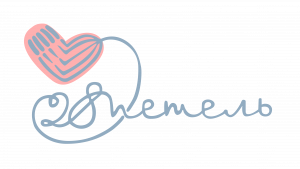
Club “28 petel” provides Kazakhstan premature infants’ resuscitation departments with knitted socks for the babies. Wool socks are not just simple our warm support. Wool socks stimulate the nerve endings of baby’s legs. On current days “Club 28 petel” exists in 16 cities of Kazakhstan. The volunteers meet once or two times per month to do knitted socks. Usually we do about 50 – 200 knitted socks for 2 months.
In 2014 Club “28 petel” received an official status of the charitable fund. I n the same year our club participated in the project of the PRI “Strengthening the health and social services in women’s and children’s prisons of Kazakhstan”. As a result, Atyrau prisoned women become our club’s participants. Our club has followers in Kyrgyzstan, Ukraine, Dubai. In 2015 our club sent a small batch of knitted things to Africa, Pakistan and the United States.
In 2014 year our club was nominated as “The best volunteer of year” in Kazakhstan.
Since 2014 our club did 19063 knitted things for premature infants.
view more (in Kazakh)
Kosovo
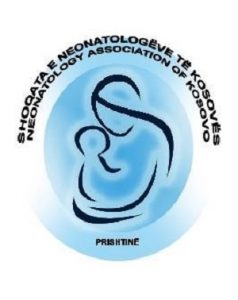
The Neonatal Society of Kosova was established in June 2019 and its members not only include Neonatologists, but also members from other medical fields, such as: Pediatricians, Ophtalmologists, Family Medicine etc.
We are also engaged in promoting the care for mother and children, and trying to organize different events, such as: Symposiums, Conferences, and trainings for our specialists, from which the newborn babies would benefit the most.
Lithuania
The Republic of North Macedonia
The Macedonian Neonatal Association was founded 25 years ago, at the beginning as a division of The Pediatric Association. For the last 15 years it is active as separate Association. The activities are mainly focused on organizing two or three meetings annually, where the most important issues concerning neonatal healthcare are presented and discussed. Workshops for primary reanimation have been regularly organized according to Neonatal Resuscitation Program (NRP) handbook. Our activities are recognized by Medical Chamber, Macedonian Medical Association and Ministry of Health. The mission of our association is to improve healthcare in neonatal and perinatal medicine. Our vision is to improve knowledge, skills and to train the healthcare providers to follow and practice evidence-based medicine. Our Neonatal Association actively participates in developing recommendations and guidelines regarding newborn health.
Malta
The Maltese Paediatric Association was set up in 1992. Objectives
- To promote the improvement of the level of medical care offered to children in Malta and Gozo.
- To organise postgraduate educational activities, for example, lectures, symposia, journal clubs.
- To promote paediatric research, with special emphasis on the local Maltese setting.
- To participate in health education.
- To promote and maintain professional standards in the care of children.
- To organise social activities for members.
The Netherlands
The V&VN-IC is a professional association for nurses and other healthcare professionals working in the discipline of Intensive Care in the Netherlands. Their main goal is to enable IC nurses to perform their profession at the highest level of quality and with passion. The goals of V & VN-IC are achieved through cooperation, advocacy, professionalization, development and education. The discipline concerns intensive care for adults, children as well as neonates.
Romania

The Romanian Association of Perinatal Medicine – ARMP – was founded in 1995, and from 1996 it was approved as IAMANEH Romania, having the following main objectives:
- the improvement of the medical quality care in obstetrics, perinatal medicine, neonatology and pediatry;
- the promotion, the support and development of some medical and scientific programs;
- the establishment of some co-operation relations with the state governmental or non-governmental institutions, that have similar activities in the field;
- the organization of scientific manifestations every 2 years, and of national courses, having as topic the research in obstetrics, fetal medicine, neonatology, genetics;
- representation of the interests of the association’s members at the Romanian Society of Obstetrics and Gynaecology, Romanian Ultrasound Association in Medicine and Biology, EAPM, OMS and FIGO.
The Romanian Society of Obstetrics and Gynecology is a national association aiming to keep toghether and spread knowledge to all its members. It aims to provide clinical guidance, support, training to Romanian specialists. Our society ensures contact with European and National associations of obstetrics, gynecology and kindred specialties. We fight to improve our visibility and make our voices heard in order to promote the advances in Obstetics and Gynecology and shape the future of our specialty.
Slovakia

The Slovak Pediatric Society (SPS), with more than 1500 members, is one of the largest professional societies of the Slovak Medical Society. Its history and origin are closely linked to the noble aims and foundations of its predecessors. The SPS currently has the following sections:
- Neonatal section
- Section of Social Pediatrics
- Section of Intensive Care in Pediatrics
- Section of Prevention of Cardiovascular Disease
- Section of Pediatric Oncology and Hematology
- Section of Pediatric Pneumology
At the same time it has established several working groups according to the current needs of the SPS. Currently these are: Working Group on Scientific Research, Working Group on Breastfeeding and Working Group on Vaccination. SPS organizes National pediatric congresses at two-year intervals and organizes nationwide pediatric conferences focused on current problems in pediatrics several times a year.
The Section of Nurses Working in Neonatology, part of the Slovak Association of Nurses and Midwives is an organizational unit of the Slovak Medical Society. It has been working in Slovakia since 1998. It solves problems in the area of institutional and non-institutional education, nursing exchange internships, the competencies of neonatology nurses, norms of nursing staff. Since 2003, it yearly organizes conferences for nurses taking care in newborn. The main aims are to join together nurses providing care to newborns, help them to grow professionally, prepare standards of nursing care, prepare of nursing documentation as well as follow and comment on many decisions regarding neonatology nurses and neonatology nursing care.
Slovenia
Slovenian Neonatal Society (SNS) has the mission to provide a common platform for all paediatricians involved in neonatal care in Slovenia. SNS aims to promote and support education and networking for professionals involved in neonatal care in Slovenia, to maintain and improve the quality and safety of medical care for high-risk newborn infants and their families, to promote the exchange of experiences in the various fields of patient care, to organize regular meetings for its members and to represent Slovenian neonatologists and co-operate with other neonatal associations worldwide.
Spain
The Spanish Association of Pediatrics (Asociación Española de Pediatría – AEP) represents more than 3000 of pediatricians and pediatric surgeons, being the official voice of Pediatric and its specialties in Spain. As such, it works for every aspect regarding physical, psychological and social health of children and adolescent, as well as their environment, trying to provide the best scientific, evidence and ethic-based knowledge to its members. To reach this aim, it promotes high standard quality post-graduate formation, research at different levels and serves as a bond of union between the different specialties and geographical areas in order to create the best scenario to achieve global health in childhood and adolescence.
Baby Friendly Hospital Initiative (BFHI) was launched by WHO and UNICEF to encourage hospitals, health services and, in particular, maternity wards to adopt practices that protect, promote and support exclusive breastfeeding from birth. IHAN-España (Initiative to Humanize the Assistance to Birth and Breastfeeding) is a non-profit organization that supports and disseminates the baby friendly Initiative in Spain and is responsible for the accreditation of Spanish maternity wards, primary care health centers and, in a near future, neonatal units. IHAN also works to improve knowledge and skills related to breastfeeding care and respect during labor and childbirth among health care professionals, and to establish and improve contact with breastfeeding mothers´ support groups to whom we offer support and collaboration.
The Spanish Research Network on Maternal and Child Health and Development (SAMID) has the mission of generating high quality scientific knowledge in maternal and child health. SAMID Network comprises 12 research groups which main objective is to promote translational research focused on pregnant women, newborn and infant stage until the end of adolescence when reaches its full development.
The overall goal of the network is to improve maternal and child health by strengthening the cooperation between the fields of obstetrics, neonatology, pediatrics, nutrition, intensive care, and experimental research.
The Spanish Society of Neonatology (Sociedad Española de Neonatología SENeo) is a scientific and non-profit association dedicated to the care of the newborn child.
The general purposes are:
- Encourage the development of the Neonatal and Perinatal Medicine in preventive care, training, education and research.
- Ensuring the right of the newborn infant be assisted by health institutions skilled in the knowledge needed.
- Advise the Public and Private Institutions, State Agencies Health, Social Services and Legal matters affecting the health, psycho-physical and social development.
- Transmit to society the appropriate recommendations to promote preventive health culture and newborn care.
- Encourage links between the different partners and the newborn care units, promoting training programs and scientific meetings.
- Create committees and commissions to develop specific aspects of the Neonatal and Perinatal Medicine.
Sweden
The Swedish Association of Paediatric Nurses (Riksföreningen för Barnsjuksköterskor) is a section in Swedish Society of Nursing since 1975. It is an association of nurses working within or with an interest in health and medical care for children and young people, has about 1800 members and the majority of these are specialist nurses in paediatric care. The association organise annual conferences together with paediatric physicians, support members with scholarships and grants for paediatric nursing research. The framework for the association is children and young peoples, and their families’, rights and needs in the health care and United Nations Convention on the Rights of the child. The association have a lot collaboration with national and international networks.
The Swedish Neonatal Society is a non-profit society and the professional interest group for neonatologists and other physicians interested in neonatology in Sweden. We are a subdivision of the Swedish Paediatric Society. A great majority of the Swedish neonatologist are members in our society. Our purpose is to promote research and education in neonatology, to develop national guidelines in neonatology and to be a professional advisor for the Swedish Pediatric Society, national and regional authorities and other non-industrial contacts in questions concerning neonatology in Sweden. We focus on promoting an equal and evidence-based neonatal healthcare of high quality in our country, including patient and family-centered care.
Switzerland
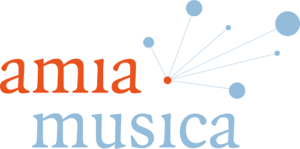
The association “amiamusica” was founded by parents of preterm born children, renowned neonatologists, a music therapist and experts from the research and charity sector in December 2017. “Amiamusica” wants to promote the use of music in favour of parents and preterm babies by sharing experiences, collecting and conveying knowledge, as well as encouraging competence and participation. The aim is to bring together the experiences of preemie parents while raising their unheard voices, in order to give an insight into the realm of music and its possibilities, to parents who are affected as well e.g. through testimonials, pictures or video clips.
The Swiss Society of Paediatrics (SSP) is the official national healthcare society for child and youth health and is representing the professional interests of paediatricians from clinical centres and practice. The aim is to support healthcare professionals in education and training and to ensure high quality in paediatrics.
Ukraine
Established in 1999 Members: 1,450 neonatologists, 10 obstetricians-gynecologists, 12 perinatologists, 30 neurologists, 30 psychologists,15 paediatricians and 23 regional branches. The main goals and tasks of the Association
- Continuous improvement of medical care for newborns in Ukraine
- Support for postgraduate training and continuous education of Ukrainian neonatologists
- Support of scientific research in the field of Neonatology
- Adaptation/development of international standards for the provision of medical care to newborns in Ukraine
The Public Association «Ukrainian Academy of Paediatrics» has been established in Ukraine. Together we would like to create a unified Ukrainian paediatric medical space, to expend ties between the medical communities of Ukraine and foreign states, to improve the qualification level of Ukrainian paediatricians, subspecialties, and family doctors, to promote international standards of medical and social care for children as well as protection of child’s rights and freedoms. Health care reform is now the most important issue for the Ukrainian. And in the context of the Agreement on Association between Ukraine and the European Union has become particularly important cooperation in the health sector aimed at increasing its capacity in Ukraine, strengthening security and human health as a prerequisite for sustainable development and economic growth by implementing reforms. According to this position in Ukraine established the Public Association “Ukrainian Academy of Paediatrics”, which have intention to expand its relations activities between the medical communities of Ukraine and foreign states, to promote international standards of medical and social care for children, realization and protection of their rights and freedoms. Since 31 January 2016 our organization is an associate member of the European Academy of Paediatrics. Support of international paediatric community and sharing of knowledge are crucial towards the European Union.
United Kingdom
The British Association of Perinatal Medicine (BAPM) promotes Excellence in Perinatal Care in the UK by helping deliver high quality perinatal care: providing support and advocacy for perinatal professionals: promoting research and innovation in perinatal care: providing advocacy for babies and their families Our values include:
- Family Centred Care – We believe that involving families in care provision and decision making provides the best outcomes for babies.
- Working collaboratively – We believe that a collaborative approach where all health professionals work together provides the safest and most effective service for babies and families.
- Trust and Transparency – We believe in maintaining the highest standards of integrity and quality in delivering our work on behalf of our members, their patients and families
Membership of BAPM is open to all Perinatal Practitioners, with variable membership rates, depending on career stages. Membership of BAPM offers the opportunity to join a growing community dedicated to shaping the delivery and improving the standard of perinatal care in the UK. Additional benefits of membership include event discounts, access to career-enhancing resources and the opportunity for networking with colleagues in Perinatal care.
Children’s Liver Disease Foundation (CLDF) was formed in 1980 and is a unique national UK-based charity dedicated to taking action against the effects of all liver diseases of childhood.
Based in Birmingham, CLDF is:
- a comprehensive information hub for healthcare professionals and the general public
- a tailored support service for children, young people and young adults with liver disease and their families
- the lead charity supporting medical research into all aspects of childhood liver diseases
- the voice for children, young people and young adults with a childhood liver disease and their families.
The Neonatal Nurses Association UK (NNA UK) is a national organisation representing neonatal nurses, steered by neonatal nurses to promote neonatal nursing for the benefit of sick babies and their families throughout the country. We believe that collaborating with other key national and international partners will better the lives of babies and families in neonatal care as well as empower the staff that work so tirelessly for them. Collectively, we aim to be the voice for neonatal nurses, babies and their families on vital issues that affect us all.
The Royal College of Paediatrics and Child Health (RCPCH) is the professional body for paediatricians in the UK. It has over 19,000 members who are based in the UK and abroad is responsible for the postgraduate training of paediatricians. The College’s mission is to transform child health through knowledge, innovation and expertise. The College aims to:
- Make the health and wellbeing of infants, children and young people the core of all we do
- Ensure every paediatrician has the knowledge, expertise and support to promote child health and to care for infants, children and young people with health needs
- Make a measurable contribution to the improvement of health and wellbeing of infants, children and young people in the UK and across the developing world
- Inform, influence and shape policy and practice so that UK health services provide high quality, safe and sustainable health care services for all children in all settings
The College has a range of expertise to support the paediatric clinical community and improve child health across the UK and globally and has extensive experience of engaging with a wide range of stakeholders on research and quality improvement projects, national clinical audits and set clinical standards for paediatric practice.
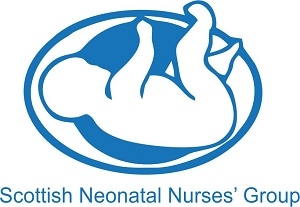
The Scottish Neonatal Nurses’ Group (SNNG) is a professional interest group for neonatal nurses, midwives and others working in the neonatal speciality. The group was founded in 1989 The aims of the group are:
- To promote best practice in neonatal nursing for the benefit of babies, their families and the neonatal staff involved in their care.
- To encourage collaboration between neonatal nurses and midwives, other professional groups and stakeholders concerned with the provision of neonatal care in Scotland.
- To share and disseminate information, updating members on developments in clinical practice via the SNNG website, social media, meetings and conferences.
- To provide sponsorship that facilitates the education and professional development of neonatal staff.
- To strengthen the voice of neonatal staff in Scotland on all matters relevant to neonatal care through participation in Scottish, United Kingdom and international consultations, projects and working groups.
USA
The Alliance for Childhood promotes policies and practices that support children’s healthy development, love of learning, and joy in living. Our public education campaigns bring to light both the promise and the vulnerability of childhood. We act for the sake of the children themselves and for a more just, democratic, and ecologically responsible future.
The mission of Foundation for Premature Infants is to advocate for the right of all premature infants to be cared for in a developmentally supportive manner. They want to ensure that the premature infant Bill of Rights is the standard of care for all babies born prematurely, 24 hours per day, 365 days per year, on all shifts, in every Neonatal Intensive Care Unit in the world.
March of Dimes is a United States nonprofit organization that works to improve the health of mothers and babies by preventing birth defects, premature birth and infant mortality.
The Preemie Parent Alliance is a network of organisations offering support to families of preterm infants. To ensure best outcomes for them, the Preemie Parent Alliance is dedicated to representing the needs and best interests of families with preterm infants in all facets of healthcare policy, care guidelines, advocacy, education and family support. As a national network the alliance is establishing a unified parent voice to advocate for infants, who cannot speak for themselves, and their families.
The National Perinatal Association gives voice to the needs of pregnant people, infants, their families, and healthcare providers to jointly ensure the greatest positive impact on perinatal care in the United States.

